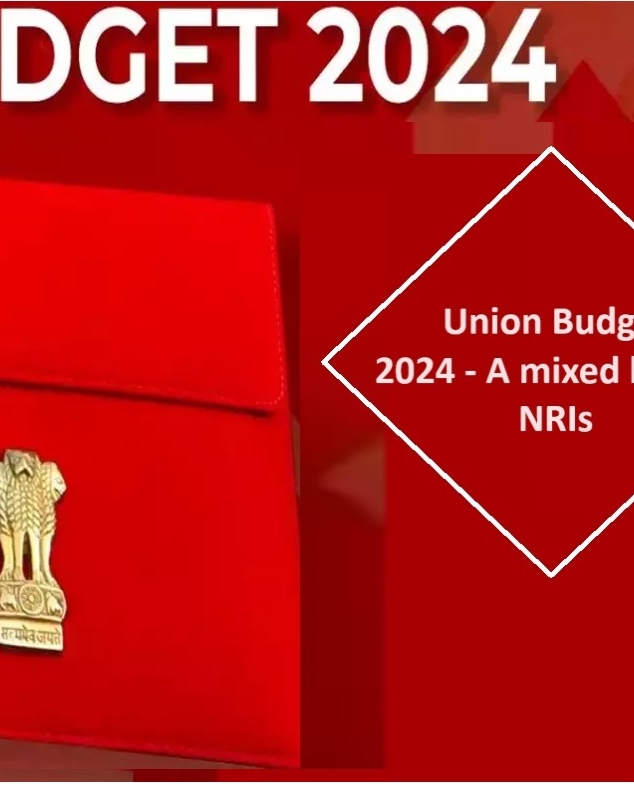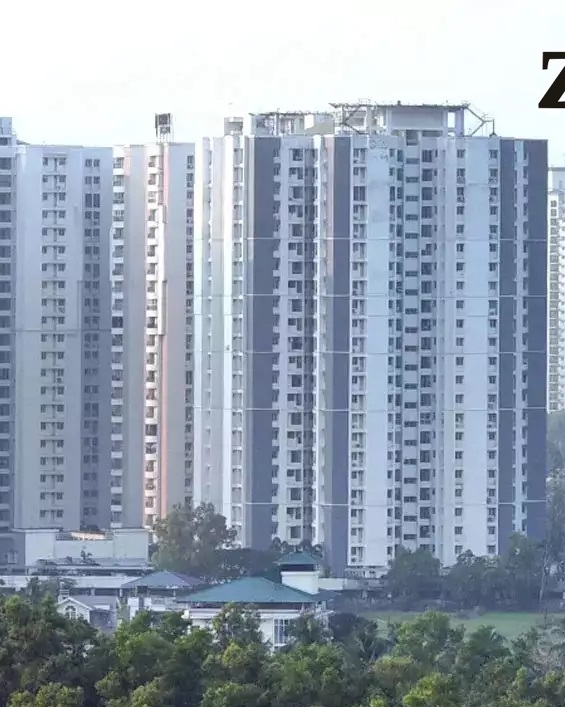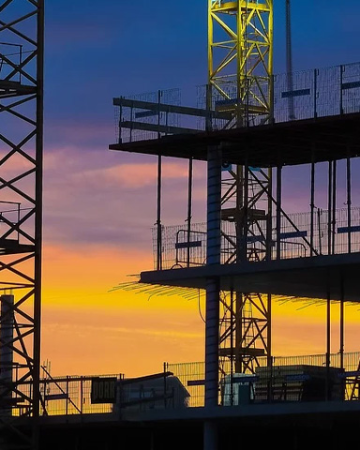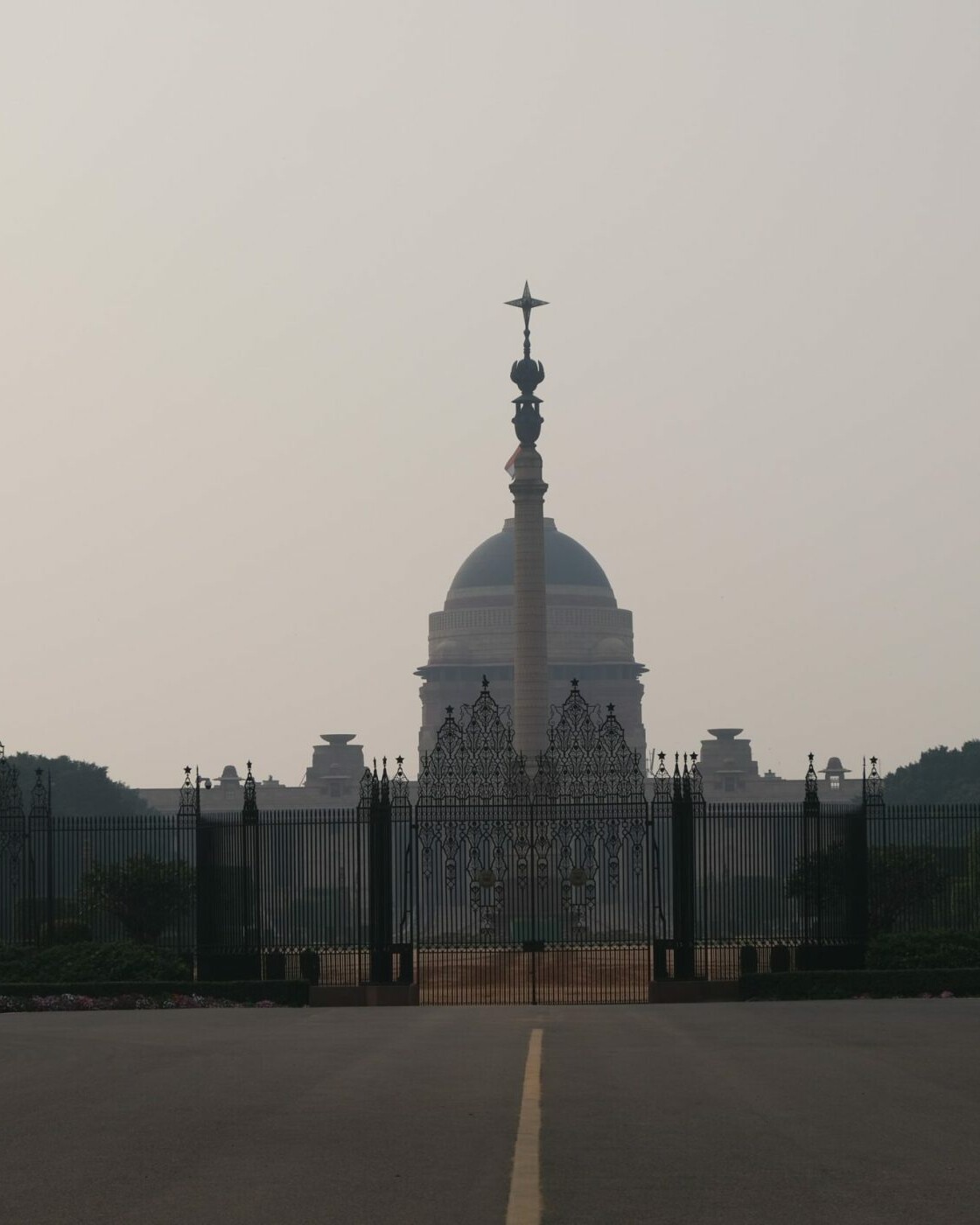MC Explains | Will upfront payment for land alter the dynamics of Noida’s real estate market?
The Noida Authority, the body that manages the suburb of Delhi, has decided to change the rules for land allotment at its recent board meeting.
Real estate developers who were earlier required to pay only a minimum 10 percent at the time of purchasing land and the rest over a period of five to seven years will now have to make the total payment within 90 days of the allotment.
This move, say real estate experts, will encourage only financially sound players to come forward to launch new projects and help reduce cases of default due to which more than 2 lakh units are unfinished in the National Capital Region (NCR).
According to an analysis by property consultancy Anarock, the NCR has 2,40,610 delayed units worth over Rs 1,81,410 crore.
The decision to make it mandatory for real estate developers to pay for the land cost upfront was taken at the 205th board meeting of the authority. Lately, the authority has been finding it tough to recover land dues from developers.
Real estate developers forming consortiums to buy land for launching projects now will not be able to exit the scheme until they obtain an occupation certificate and the project is delivered in all respects. Earlier, they could exit the consortium midway, leaving buyers and investors in the lurch.
Due to the 10 percent land allotment policy, real estate developers have failed to pay up crores of rupees to the authority, due to which occupancy certificates have not been issued and lakhs of buyers are awaiting to get their units registered.
Officials were also quoted as saying that the authority has made it mandatory for developers to open an escrow account for each project so that the funds collected from homebuyers or investors are used only for the completion of that particular project.
Amit Modi, president, Uttar Pradesh chapter, Confederation of Real Estate Developers Association of India, told Moneycontrol the move is expected to benefit only listed real estate developers with deep pockets. Local developers are bound to get sidelined as they may not have the funds for the upfront payment.
“A period of 90 days is too short a period to pay up the entire cost of land which can cost anything between Rs 300 crore and Rs 500 crore in Noida. Instead, payment of land could have been made through an escrow mechanism.
Besides, banks do not lend finance for purchase of land. A few NBFCs (non-banking financial companies) do, but they charge interest starting at 18 percent. Also, if the cost of raw material (land) is high, the developer is bound to pass on this cost to homebuyers. This would make housing units expensive,” he said.
Will the new strategy help resolve the stuck projects issue, considering that at least the land dues from the builder would be minimal?
Buyers happy
“The decision by the Noida Authority to change the allotment rules for realtors is in a sense a course correction for the real estate market in the region and is likely to have a positive impact overall. This move is in addition to the multiple measures that the authority has announced in Noida over the last few years to streamline the realty market. It will ultimately bode well for the market in the times to come. In a major advantage, with this move, only financially sound players will come forward to launch new projects in the market,” said Prashant Thakur, senior director and head, research, Anarock Group.
Homebuyers welcomed the move. More than 40,000 registries are pending because developers have not cleared Noida Authority dues, something that the new rules will preclude. Issuance of completion and occupancy certificates will also be streamlined. This will also enable homebuyers to get their homes registered without having to wait for builders to clear their pending dues, said Rajiva Singh, president, Noida Federation of Apartment Owners Association.
Under the earlier dispensation, a major reason why several projects got stuck was because some realtors defaulted on payments. Now, that the norms favour large and listed developers that are well capitalised, there will be greater confidence in the market as projects will see timely completion and deliveries. Ultimately, homebuyer sentiments will remain positive, and the real estate market will remain buoyant, he added.
Sunil Tyagi, senior partner, ZEUS Law, a corporate commercial law firm, told Moneycontrol that the move is positive from the homebuyers’ perspective. “The land of the project would be free from dues of the authority. Most stuck projects in the region are facing this problem as real estate developers have not paid the dues of the authority whereas they have collected money from homebuyers,” he said.
Asked if this will mean that only builders with a track record of delivering on time will get easy access to finance from banks and whether only the fittest will survive, he said, “The eligibility and ability to borrow will matter a lot. Alternatively, they may try and bring in financial partners who will pay for the land and the builder for construction.”
This change in regulations follows the Supreme Court’s decision in May to grant the authority operational creditor status rather than financial creditor status. Developers of housing societies currently owe the authorities more than Rs 20,000 crore in back taxes.
In December last year, the Comptroller and Auditor General of India (CAG) had drawn up a comprehensive map of all that’s wrong with Noida’s prized real estate scheme, group housing societies.
Out of 113 projects initiated in the period under audit (2005-06 to 2017-18), only 63 percent (71) were either completed or partially completed, the CAG said. And out of the 1.3 lakh sanctioned flats, occupancy certificates had been issued for just 44 percent, the report said.
In terms of growth, though, the 2009 to 2011 period was the best for real estate developers in the satellite city. This was also the time things went south for buyers as the Noida Authority eased financial eligibility criteria while allocating plots for group housing but, at the same time, started offering bigger plots.
Having tweaked its rules so that allottees had to pay less upfront payment, citing recession in the western world, the authority started accepting bids from companies that had lower net worth. As a result, in some instances, a plot valued at about Rs 500 crore was being offered to a company with a net worth of Rs 75 crore for an upfront payment of Rs 50 crore. The CAG report pointed out that builders with limited financial capability were able to corner larger plots, one of the main reasons for a large number of housing projects running years behind schedule.
Originally, the Noida Authority used to take 30 percent of the land cost upfront. The rules were revised during 2009-2011 with land being allocated on payment of just 10 percent of the cost. The remaining 20 percent was demanded within 60 days of the allotment. The CAG report highlighted a case of allotment that was done in April 2007. Despite not making a payment beyond 30 percent for more than four years, the Noida Authority did not take any penal action against the allottee apart from issuing notices, thus condoning the action of such builders.
A clause to allow the exit of the lead member was also introduced by reducing its shareholding from 51 percent to 26 percent. This change in rule allowed smaller players to take over big land parcels that had been allotted based on the participation of the lead member.
The CAG also explained how allowing subdivision of plots contributed to the group housing mess by leaving large land parcels in the hand of players who did not have the capability of executing the project.
The auditor said subdivision of plots was allowed as a one-time relief measure during the recession for allottees in financial trouble up to March 2011. However, the Noida Authority CEO “embedded the one-time concession… as a permanent feature by incorporating it in its brochures commencing November 2009 and benefitting not just existing allottees encountering difficulties but also all prospective allottees”, the audit report said.
The report also observed that the Noida Authority made multiple allotments to group companies of (now insolvent developers) Amrapali and Unitech “who were in default in payment of dues for earlier allotments which amounted to Rs 9,828.49 crore as of March 31, 2020”.
Both Amrapali and Unitech have a large pendency of flats, which have required the Supreme Court’s intervention
Noida’s baffling land allotment policy versus other cities
One reason why several developers made a beeline to launch projects in Noida between 2005 and 2011 was the availability of land at affordable prices.
Noida also had a baffling policy that, experts believe, allowed builders an easy run, the 2007 policy allowing realty companies to own land and launch projects by paying just 10 percent of the land cost.
That’s not the case in the other markets such as Gurgaon, another satellite city of Delhi, Mumbai or other markets where builders are required to pay upfront for land.
Thousands of investor buyers cashed in on pre-launch offers that allowed them to book apartments at heavy price markdowns. The prices were raised immediately after the projects were actually launched with all necessary approvals.
This produced a whole new class of investors who parked surplus funds in these offers. This was the time when one could book an apartment by paying only 10 percent of its value, and then exit by transferring ownership in a secondary sale to another buyer at a premium of 30 percent or more over what they invested, and roll over the money to buy an apartment in another project.
This created a false sense of demand, and a fragile financial pyramid of sorts. As people flocked to park surplus funds to earn a quick buck, realty companies went on a binge, announcing projects by diverting funds from existing ones where bricks were still being laid.
In many cases, the same group of builders who launched projects in Noida did the same in Gurgaon. The problem of stuck projects in the NCR was, therefore, widespread unlike in other cities, experts said.
Considering the higher financial commitment required from developers, the new measure, it is hoped, will weed out fly-by-night builders.





















